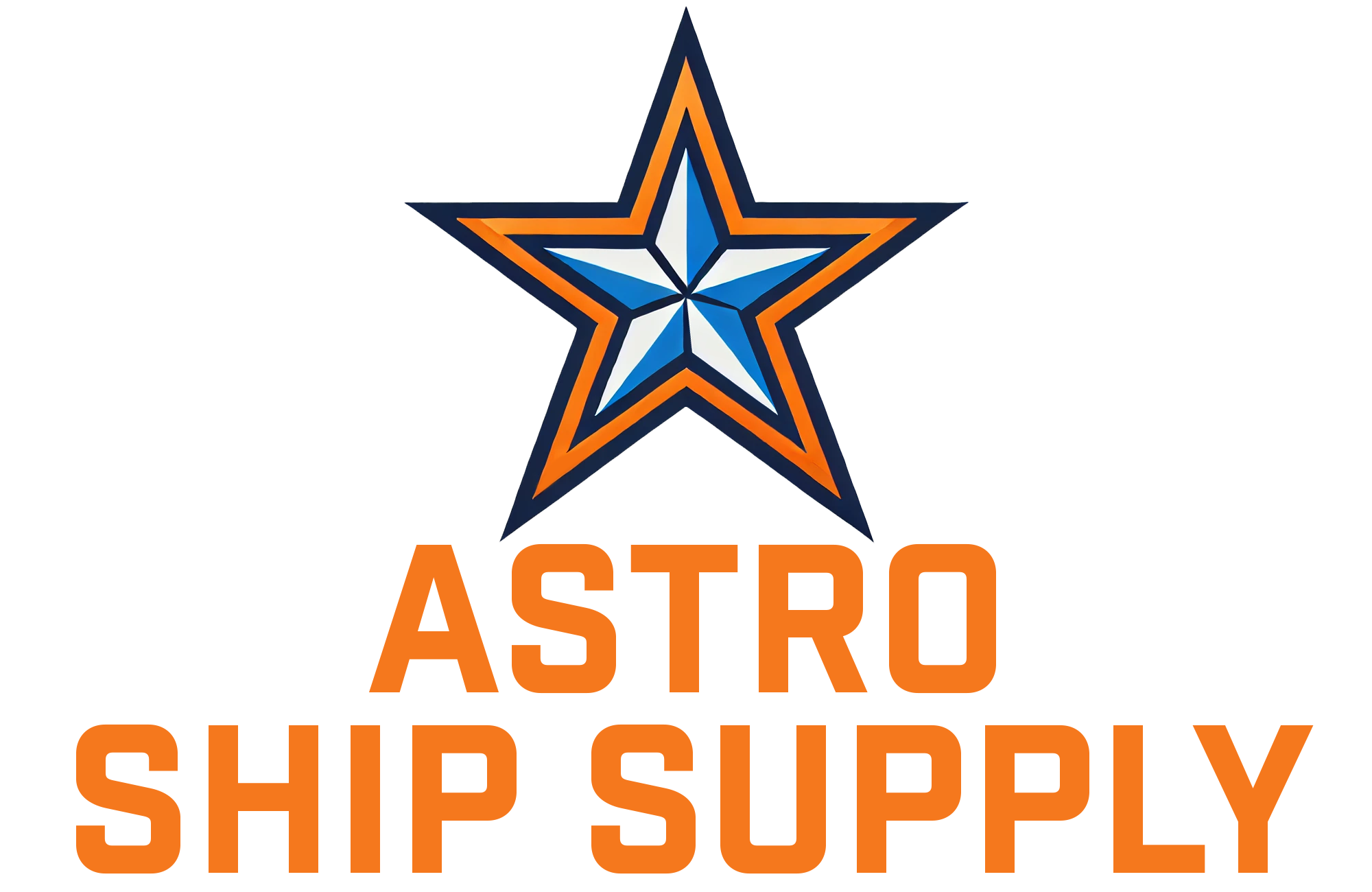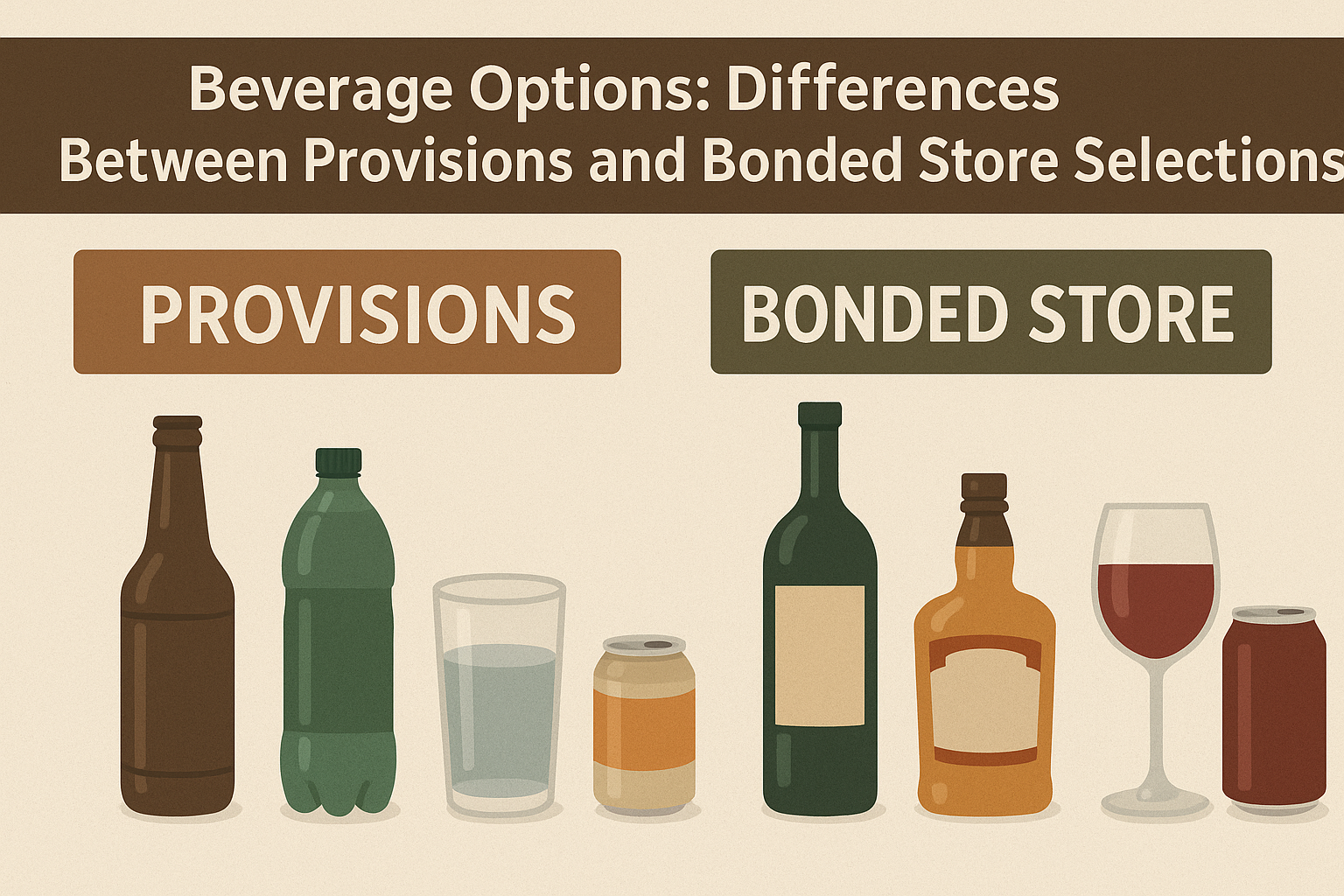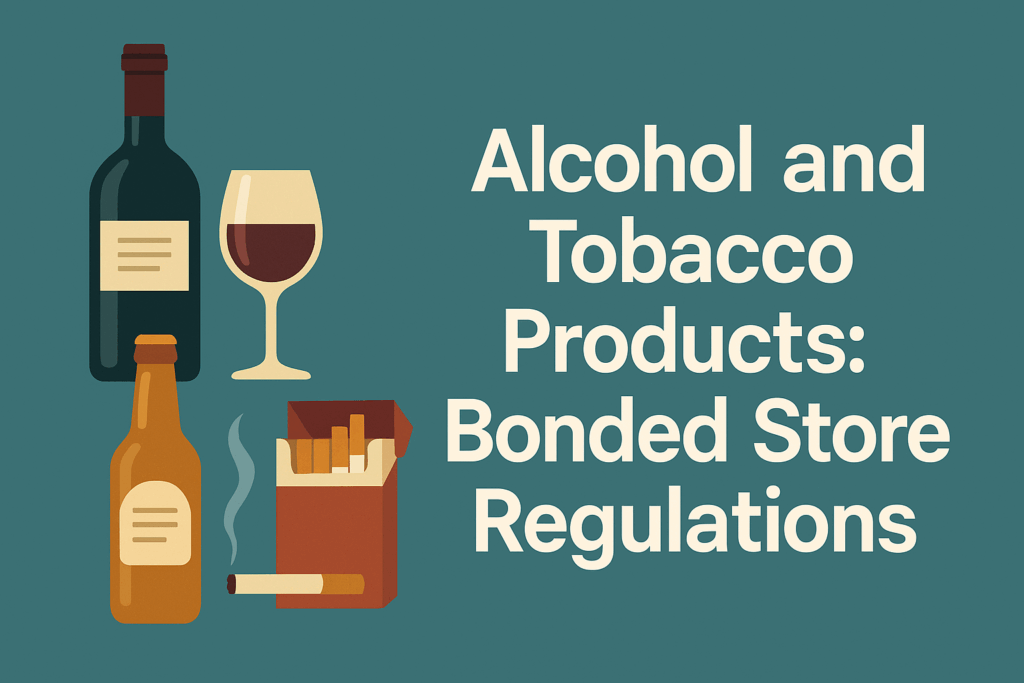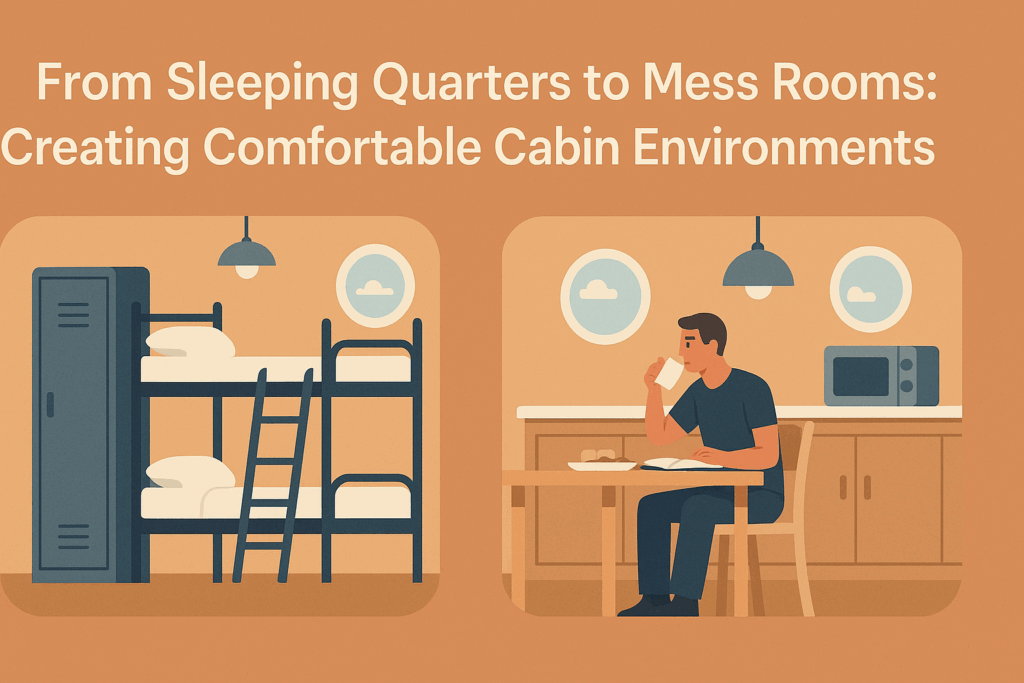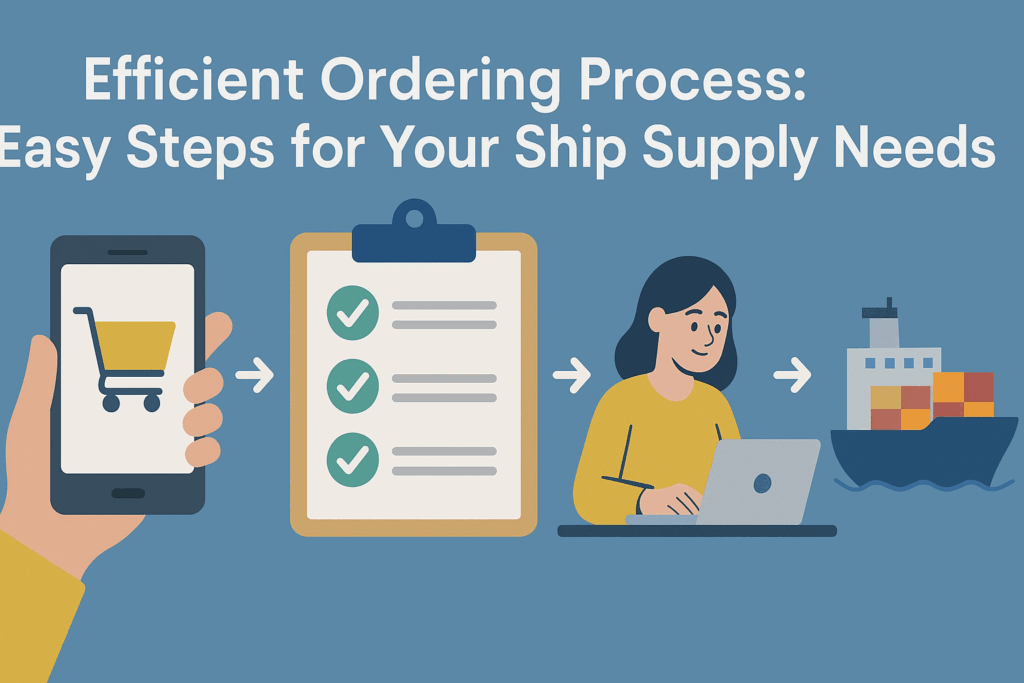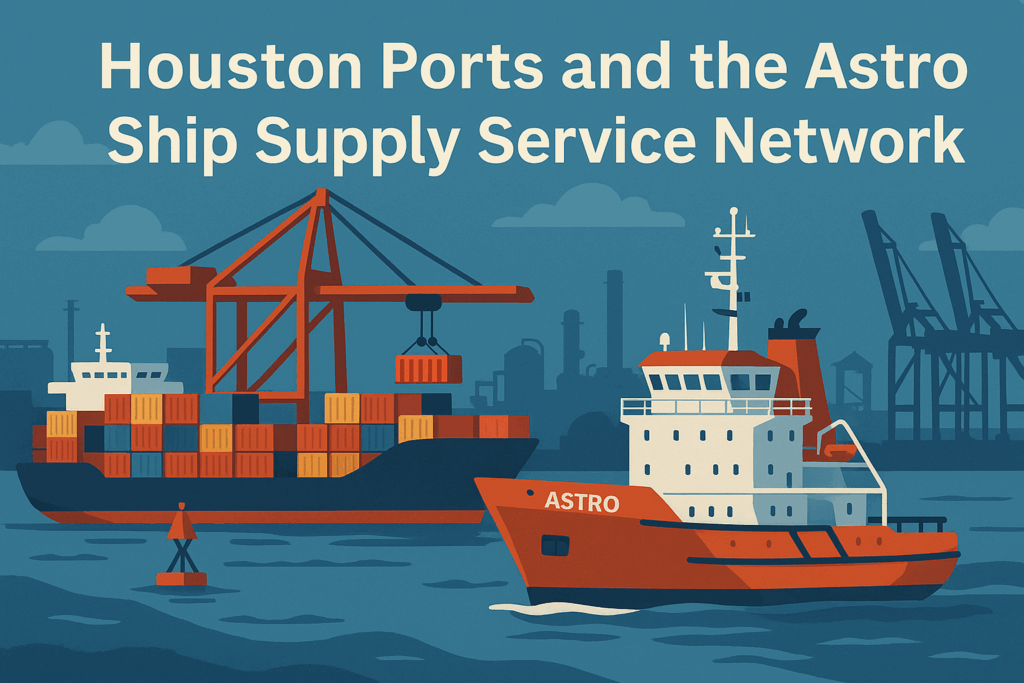Understanding Your Vessel’s Beverage Options: Provisions vs. Bonded Stores
Keeping a vessel and its crew properly supplied is a cornerstone of successful maritime operations. Among the myriad of supplies, beverages play a critical role – from basic hydration to crew welfare and onboard hospitality. However, procuring drinks for a ship isn’t as simple as a trip to the supermarket. The source and type of beverage fall into two distinct categories dictated by maritime and customs regulations: Provisions and Bonded Stores. Understanding the difference isn’t just logistical semantics; it impacts costs, compliance, and crew satisfaction.
Ship operators, captains, and procurement managers frequently grapple with ordering the right mix. Do you need cases of bottled water under provisions, or are you looking for spirits for the officer’s mess, classified under bonded goods? Choosing incorrectly can lead to customs complications, unnecessary expenses, or a poorly equipped crew. This guide will delve into the nuances of beverage options within ship provisions and bonded stores, helping you navigate the complexities and optimize your vessel’s supply strategy.
What are Ship Provisions? The Essentials for Daily Operations
Ship provisions encompass all the essential consumables required for the day-to-day sustenance and operation of the vessel and its crew during a voyage. Think of them as the ship’s pantry and kitchen stock. When it comes to beverages, provisions typically include items necessary for hydration, meals, and general onboard life.
Types of Beverages Typically Classified as Provisions:
- Potable Water: Bottled still and sparkling water are staples. Ensuring adequate, safe drinking water is paramount for crew health.
- Juices: Orange, apple, cranberry, and other fruit juices for breakfast and general consumption.
- Milk: Fresh, UHT (Ultra-High Temperature) long-life milk, and powdered milk for drinking, cooking, and coffee.
- Sodas and Soft Drinks: Common brands of carbonated beverages.
- Coffee and Tea: Beans, ground coffee, instant coffee, various types of tea bags – essential for many crew members around the clock.
- Syrups and Drink Mixes: Concentrates for making larger quantities of beverages.
Key Characteristics of Provision Beverages:
- Purpose: Primarily for general consumption by the entire crew as part of their daily sustenance.
- Tax Status: Subject to local duties and taxes upon arrival in port if sourced locally or imported without specific exemptions. When supplied by a chandler like Astro Ship Supply, these are often delivered cleared or under specific transit procedures, but they are fundamentally ‘tax-paid’ or ‘tax-liable’ goods intended for immediate use.
- Regulations: Must meet local health and safety standards (like HACCP principles for storage and handling) and quality controls. Sourcing from reputable suppliers ensures compliance and safety.
- Accessibility: Generally accessible to all crew members via the galley, mess rooms, or designated storage areas.
Why Quality Provisions Matter: A Case Scenario
Scenario: The M/V Navigator, a bulk carrier on a two-week coastal run, places a last-minute, cut-price order for water and juice from an unfamiliar supplier. Upon delivery, the crew notes some water bottles have damaged seals, and the juice expiry dates are near. Mid-voyage, several crew members experience mild gastrointestinal issues, potentially linked to the compromised beverages. This impacts crew well-being, operational focus, and necessitates careful management of remaining supplies.
Lesson: Sourcing high-quality Provisions & Food Supply, especially beverages crucial for hydration and health, is non-negotiable. Reputable chandlers maintain strict quality controls and transparent supply chains, preventing such risks.
What are Bonded Stores? Duty-Free Goods Under Strict Control
Bonded stores, often referred to as the “bond,” consist of goods held under customs control (‘in bond’) on which duties and taxes have been suspended. These items are intended for consumption or use primarily outside the territorial waters of a country or for sale in specific controlled environments (like a ship’s slop chest).
Types of Beverages Typically Found in Bonded Stores:
- Alcoholic Beverages: Beer (cans and bottles), wine (various types), spirits (whiskey, vodka, rum, gin, liqueurs).
- Tobacco Products: Cigarettes, cigars, rolling tobacco (often included alongside beverages in the ‘bonded’ category).
- High-End Sodas & Mixers: Tonic water, premium mixers often accompanying spirits.
- Luxury Non-Alcoholics: Sometimes premium sparkling juices or energy drinks might be included, depending on supplier classification and customs rules.
Key Characteristics of Bonded Store Beverages:
- Purpose: Primarily for crew welfare (off-duty consumption outside territorial waters), officer’s mess, entertainment, or potential resale via the ship’s slop chest (if permitted and properly managed).
- Tax Status: Duty and tax-free. This is the defining feature. These goods must remain sealed and secured under customs supervision until the vessel is clear of territorial limits or specific conditions are met. Breaking the bond seal prematurely or improperly can result in severe penalties and seizure.
- Regulations: Heavily regulated by customs authorities (like U.S. Customs and Border Protection), port state control, and international codes (e.g., ISPS Code for security). Strict inventory control, secure storage (locked bond locker), and meticulous record-keeping are mandatory. There are often limits on the quantity of alcohol and tobacco per crew member.
- Accessibility: Restricted access. Typically managed by the Captain or a designated officer. Distribution is controlled and logged.
The Importance of Compliance: A Case Scenario
Scenario: The Container Ship ‘Express’ receives its bonded stores, including several cases of spirits. Before clearing the port’s territorial waters, a junior crew member, unaware of the strict regulations, accesses the bond locker and removes a bottle for personal use. A routine customs inspection discovers the broken seal and missing item. The vessel faces significant fines, delays, and potential seizure of all bonded goods. The Master faces serious repercussions.
Lesson: Strict adherence to bonded store regulations is crucial. Crew training on these rules and robust onboard procedures, supported by a knowledgeable ship chandler who ensures proper documentation and sealing, are essential to avoid costly compliance failures.
Provisions vs. Bonded Beverages: A Comparative Analysis
Understanding the core differences helps in efficient planning and ordering:
| Feature | Provision Beverages | Bonded Store Beverages |
|---|---|---|
| Primary Purpose | Daily hydration, meals, general crew consumption | Crew welfare (off-duty, outside territory), officer’s mess, controlled sale (slop chest) |
| Typical Items | Water, juice, milk, soda, coffee, tea | Alcohol (beer, wine, spirits), premium mixers, sometimes tobacco |
| Tax & Duty Status | Tax-paid or tax-liable upon entry/purchase | Tax & duty-suspended (‘in bond’) |
| Regulations | Health codes (HACCP), food safety, quality standards | Customs regulations, ISPS Code, strict inventory control, seal requirements, quantity limits |
| Storage & Access | Galley stores, mess rooms; generally accessible | Secured bond locker; restricted access controlled by Master/Officer |
| Consumption Time/Place | Anytime, anywhere onboard (within ship rules) | Primarily outside territorial waters or under specific approved conditions |
| Cost Implication | Includes applicable local taxes/duties in the price | Lower purchase price due to absence of taxes, but high penalty cost if regulations are violated |
Strategic Ordering: Tailoring Beverages to Your Voyage
Effective ship supply management requires tailoring beverage orders based on the vessel’s route, duration, crew needs, and budget.
Factors to Consider When Ordering Beverages:
- Voyage Length & Route: Longer international voyages necessitate larger quantities of both provisions (especially water) and potentially more bonded items for crew morale over extended periods at sea. Shorter coastal routes might focus more heavily on provisions.
- Crew Demographics: Nationality, cultural preferences, and age can influence the demand for specific types of coffee, tea, juices, sodas, and even alcoholic beverages (within regulations).
- Vessel Type & Purpose: A cruise ship’s beverage needs (heavy on both provisions and varied bonded items for passengers and crew) differ vastly from a tanker or research vessel.
- Budget Constraints: While bonded items are cheaper per unit initially, the cost of compliance failure is high. Provisions are essential and costs vary based on quality and supplier.
- Port Regulations: Different ports may have specific nuances regarding the loading, declaration, and sealing of bonded stores. Working with a knowledgeable local chandler is vital.
- Storage Capacity: Ensure adequate and appropriate storage space exists for both temperature-controlled provisions and secure bonded lockers.
Leveraging Your Ship Chandler for Optimal Beverage Supply
A reliable ship chandler, like Astro Ship Supply, is more than just a delivery service; they are a strategic partner in managing your vessel’s beverage needs effectively.
What to look for in a Ship Chandler:
- Comprehensive Selection: Ability to source a wide variety of both provision beverages (meeting diverse dietary needs and preferences) and a full range of bonded store items.
- Regulatory Expertise: Deep understanding of local customs, health regulations (HACCP, Texas Department of State Health Services compliance), international codes (ISPS), and bonded store procedures (U.S. Customs and Border Protection requirements).
- Quality Assurance: Commitment to high standards (e.g., ISO 9001:2015 certified) ensuring beverage quality, safety, and proper shelf life. This includes robust supply chain management and proper handling/storage.
- Efficient Logistics: Timely and accurate deliveries directly to the vessel, minimizing delays and ensuring compliance with port procedures.
- Documentation Support: Providing accurate invoices, declarations, and sealing documentation required for customs clearance of both provision and bonded items.
- Flexibility & Support: Offering 24/7 availability for urgent orders or adjustments, and providing tailored solutions based on specific vessel requirements.
Partnering with an experienced provider ensures that your vessel receives the right beverages, in the right category, compliant with all regulations, and meeting the quality standards necessary for crew health and well-being. Explore our comprehensive Provisions & Food Supply services to see how we guarantee excellence in every delivery.
Quotable Insights: Key Takeaways for Beverage Ordering
- Know the Difference: Provisions are for daily sustenance (tax-liable); Bonded Stores are for restricted, duty-free use (tax-suspended).
- Prioritize Water Quality: Adequate, safe drinking water (Provisions) is fundamental crew welfare. Never compromise on quality.
- Respect the Bond: Bonded stores require strict adherence to customs seals, secure storage, and usage regulations. Non-compliance is costly.
- Order Strategically: Tailor beverage types and quantities (both Provisions and Bonded) to voyage length, crew needs, and regulations.
- Choose Your Chandler Wisely: Partner with suppliers demonstrating regulatory expertise, quality commitment (ISO, HACCP), and reliable logistics.
Frequently Asked Questions (FAQ) about Ship Beverages
What’s the single biggest difference between provision beverages and bonded beverages?
The biggest difference lies in their tax and customs status. Provision beverages are generally considered ‘tax-paid’ or ‘tax-liable’ consumables intended for immediate or general use onboard. Bonded beverages are ‘tax-suspended’ items (like alcohol and tobacco) held under strict customs control, sealed, and intended primarily for consumption outside territorial waters or for duty-free sale under specific conditions.
Can alcoholic beverages ever be supplied as provisions?
Generally, no. Due to tax and duty regulations, alcoholic beverages intended for onboard consumption are almost always supplied under bond. Supplying them as ‘provisions’ would typically mean paying all applicable local import duties and taxes, making them significantly more expensive and negating the duty-free benefit associated with ship supply. There might be very specific, rare exceptions under local law, but the standard practice is to classify alcohol under bonded stores.
Are there limits on how much bonded alcohol can be ordered?
Yes, absolutely. Customs authorities in most countries impose limits on the quantity of bonded goods (especially alcohol and tobacco) that can be held onboard, often calculated on a per-crew-member, per-day basis, or based on the length of the upcoming voyage outside territorial waters. Your ship chandler should be aware of these limits and ensure your order complies with the regulations of the port of supply and the vessel’s flag state.
Who is responsible if the seal on bonded stores is broken incorrectly?
The ultimate responsibility lies with the Master of the vessel. While the ship chandler ensures correct delivery and sealing, the Master is responsible for ensuring the bonded stores are kept secure onboard, seals remain intact until legally permissible to break (e.g., outside territorial waters), and all customs procedures are followed correctly. Improper handling can lead to severe penalties for the vessel and the Master.
How important is HACCP for provision beverages?
Very important. HACCP (Hazard Analysis and Critical Control Points) is a food safety management system. For provision beverages like milk, juice, and even bottled water, compliance with HACCP principles during storage and handling by the supplier helps prevent contamination and ensures the products are safe for consumption. Reputable chandlers often highlight their HACCP compliance as a mark of quality assurance for all provisions, including beverages.
Conclusion: Making the Right Choice for Your Fleet
Navigating the world of ship beverages requires a clear understanding of the distinction between provisions and bonded stores. Provisions cater to the essential, daily needs of the crew, demanding quality and adherence to health standards. Bonded stores offer duty-free options, primarily alcohol and tobacco, governed by strict customs regulations. Both are vital, but mistaking one for the other or failing to comply with regulations can lead to unnecessary costs, delays, and risks.
By carefully considering your voyage requirements, crew preferences, and regulatory obligations, and by partnering with a knowledgeable and reliable ship chandler like Astro Ship Supply, you can ensure your vessel is always well-stocked with the right beverages, promoting crew well-being and operational efficiency. Excellence in ship supply means understanding these nuances and delivering quality and compliance, every time.
